Recent BU graduate Dr Pratik Adhikary is currently working alongside BU researcher Professor Edwin van Teijlingen and the Centre of Midwifery, Maternal and Perinatal Health (CMMPH) in Nepal.
The CMMPH have been working on improving maternity care in Nepal for a number of years. They’ve most recently begun looking at the impact of women’s groups on maternal and child health uptake in Pharping- rural Nepal.
A former BU PhD student, Dr Adhikary is in charge of planning and monitoring the study, as well as training local Nepalese data collectors. He also looks after the data entry and the overall evaluation of the study.
As well as this, Newton funding is offering him his first fieldwork post as an independent researcher. Below we follow his journey from a former BU student to a BU staff member.
“I’m originally from Nepal and came to Bournemouth University in 2009 to study for my PhD. This looked at Nepalese migrant workers working in the Middle East and Malaysia – this focused on their physical and mental health, as well as any risks they took in their jobs. Previously, I studied for an MSc in Public Health at the University of Aberdeen, as well as working as a cardiac data collection officer in Aberdeen Royal Infirmary,” says Dr Adhikary.
“Studying at BU was very important for my academic career. I was lucky enough to present my PhD study at an international conference, which provided me with useful feedback from both academics and early career researchers,”
“My academic supervisors Prof van Teijlingen and Dr Steven Keen were instrumental throughout my PhD- in gaining a partial fee waiver, international travel funds to attend conferences and arranging a grant from the open society foundation,”
“As a young researcher, I am planning a number of drafts for publication in 2017. Support from my BU colleagues has given me a unique stepping stone in the academic world,”
“Being at BU has enabled me to grow my researcher’s network and provided me with an insight into the some of the highest quality of research in the world,” says Dr Adhikary, “I’ve always felt at home at BU and I’m keen to continue my research career here! “
You can read one of Dr Adhikary’s PhD papers online for free here
Dr Adhikary was also a co-author on this recent 2016 paper on the BU Research Blog
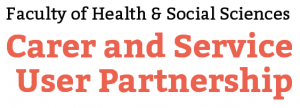
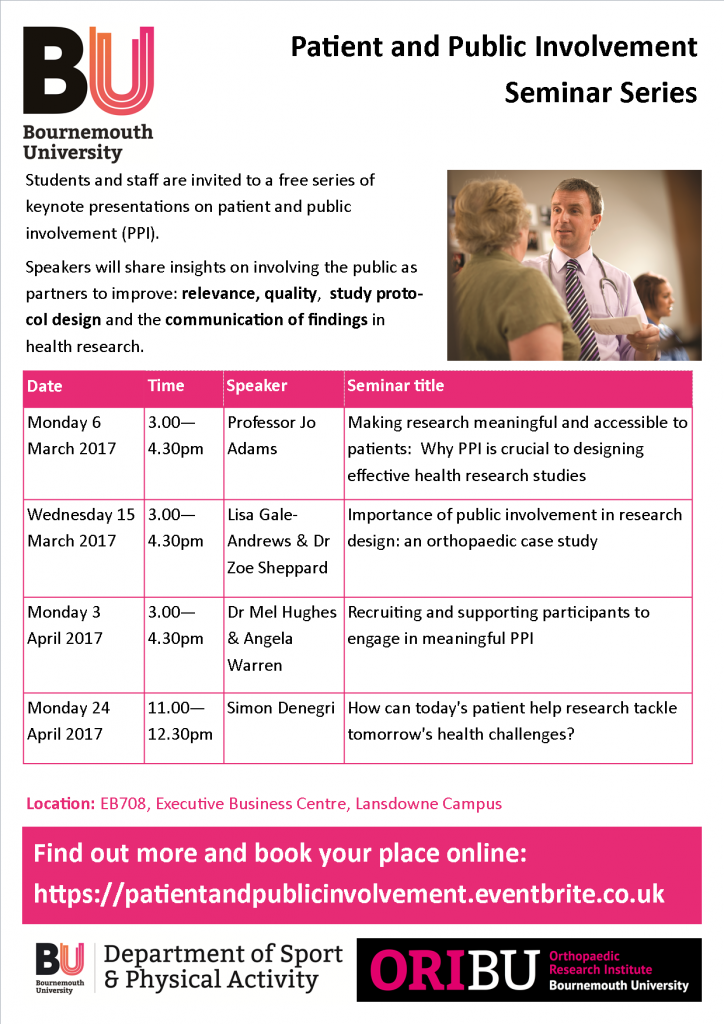
 James Gavin
James Gavin
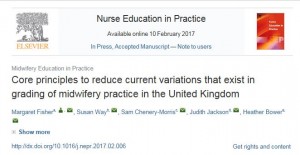

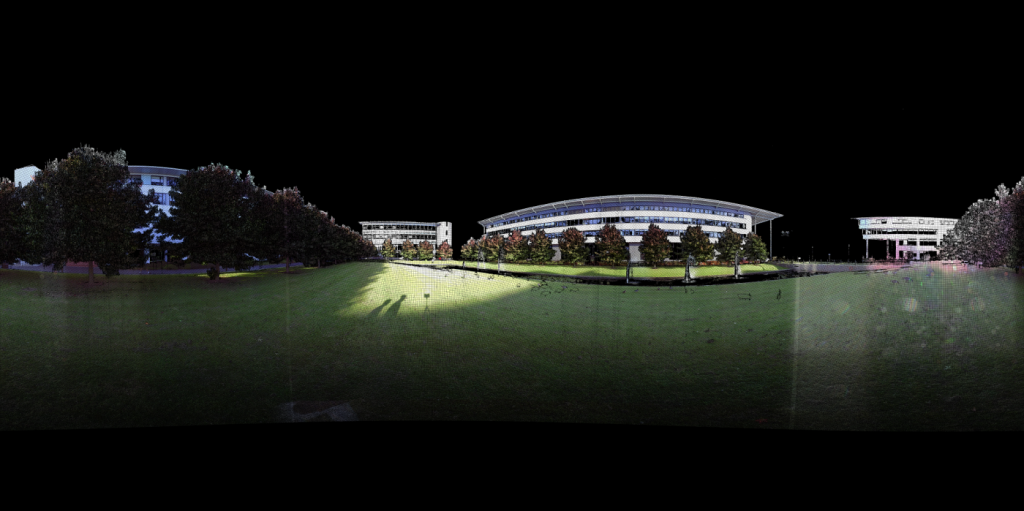
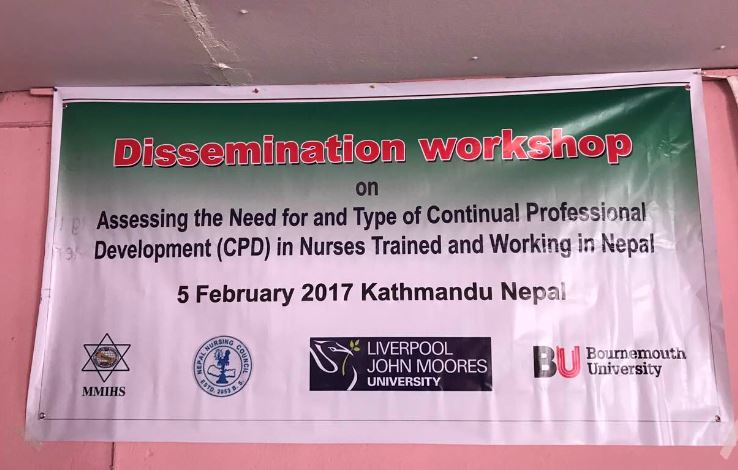

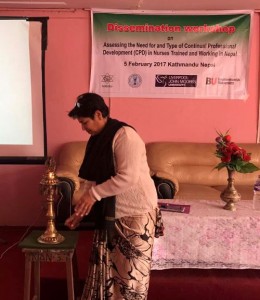
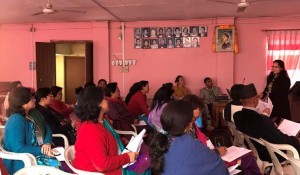




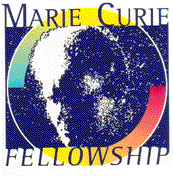


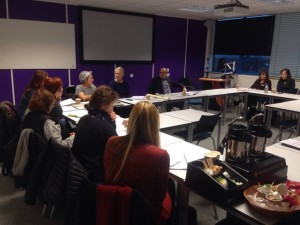











 Beyond Academia: Exploring Career Options for Early Career Researchers – Online Workshop
Beyond Academia: Exploring Career Options for Early Career Researchers – Online Workshop UKCGE Recognised Research Supervision Programme: Deadline Approaching
UKCGE Recognised Research Supervision Programme: Deadline Approaching SPROUT: From Sustainable Research to Sustainable Research Lives
SPROUT: From Sustainable Research to Sustainable Research Lives BRIAN upgrade and new look
BRIAN upgrade and new look Seeing the fruits of your labour in Bangladesh
Seeing the fruits of your labour in Bangladesh ECR Funding Open Call: Research Culture & Community Grant – Apply now
ECR Funding Open Call: Research Culture & Community Grant – Apply now ECR Funding Open Call: Research Culture & Community Grant – Application Deadline Friday 12 December
ECR Funding Open Call: Research Culture & Community Grant – Application Deadline Friday 12 December MSCA Postdoctoral Fellowships 2025 Call
MSCA Postdoctoral Fellowships 2025 Call ERC Advanced Grant 2025 Webinar
ERC Advanced Grant 2025 Webinar Update on UKRO services
Update on UKRO services European research project exploring use of ‘virtual twins’ to better manage metabolic associated fatty liver disease
European research project exploring use of ‘virtual twins’ to better manage metabolic associated fatty liver disease